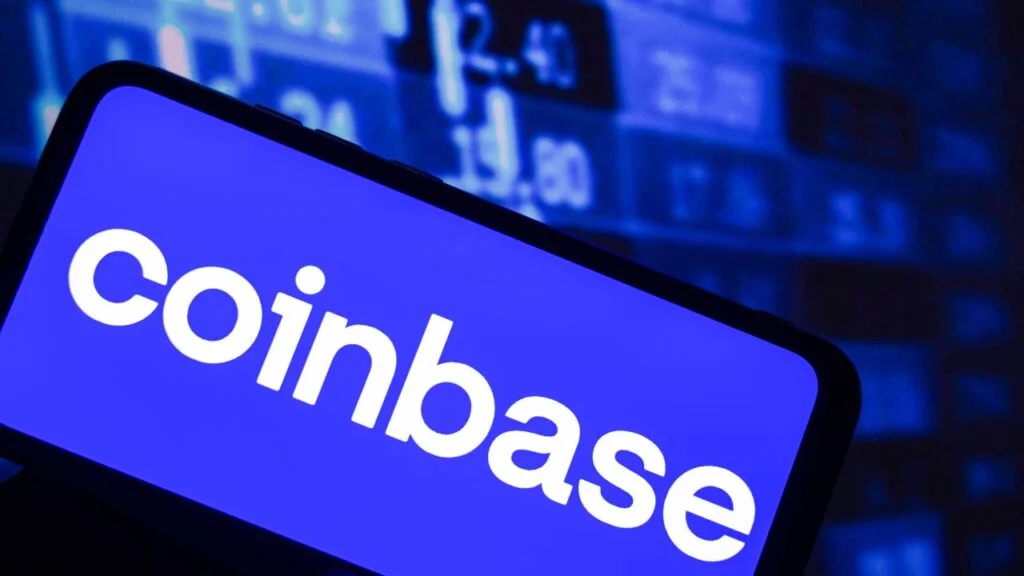Coinbase and Circle have received licenses from the French authorities to operate as virtual and digital asset service providers, respectively.

Coinbase, a leading crypto exchange, has been authorized by the Autorité des Marchés Financiers (AMF), the French financial watchdog, to operate as a virtual asset service provider (VASP).
This means that Coinbase can take custody of digital assets and provide and assist crypto trading in France. The VASP license also ensures that Coinbase complies with the laws of the European Union and other jurisdictions.
Circle, a stablecoin issuer and payment platform, has been granted a conditional registration as a digital asset service provider (DASP) by the AMF.
Circle can offer its USD Coin (USDC), a popular stablecoin pegged to the U.S. dollar, and other crypto-related services in France. However, Circle still needs to obtain authorization as a payment services provider (PSP) before it can start its operations in France. Circle has applied for an electronic money institution license to satisfy this condition.
The licenses granted to Coinbase and Circle are important for several reasons:
- They show the recognition and acceptance of the crypto industry by the French authorities, which are known to be strict and cautious in regulating financial activities.
- They enable Coinbase and Circle to expand their reach and presence in the European market, which is a large and growing segment of the global crypto space.
- They allow Coinbase and Circle to offer their services to institutional investors and customers from other countries through their international arms.
- They demonstrate the compliance and professionalism of Coinbase and Circle, which have to meet high standards and requirements to obtain the licenses.
Coinbase and Circle have faced and overcome various challenges and barriers in their quest to obtain licenses from the French regulators.
One of the main challenges was the implementation of the Markets in Crypto Assets Regulation (MiCA), a comprehensive framework that governs the digital assets that are not covered by the existing financial services regulations in the European Union. The MiCA, which came into force in June 2023, aims to provide a harmonized and consistent approach to regulating crypto assets and services across the bloc.
Coinbase and Circle had to comply with the MiCA rules and standards, which include consumer protection, market integrity, anti-money laundering, and prudential supervision.
The crypto exchanges also face challenges from other jurisdictions, especially the United States, where the regulatory environment is more hostile and uncertain for the crypto industry. The U.S. Securities and Exchange Commission (SEC) has been pursuing legal actions against several crypto companies, including Coinbase, for allegedly violating securities laws, and in June 2023, the SEC sued Coinbase for listing and selling crypto tokens that it deemed to be securities, such as Lend, a lending platform token.
Coinbase has denied the SEC’s allegations and has vowed to fight the lawsuit.
Despite the challenges, Coinbase and Circle also have opportunities and advantages in the crypto market, thanks to their licenses from the French regulators. The exchanges can leverage their reputation and credibility as licensed and compliant crypto companies to attract more customers and partners in France and abroad.
Coinbase and Circle can also benefit from the growing adoption and innovation of crypto assets and services, especially in the fields of decentralized finance (DeFi), non-fungible tokens (NFTs), and stablecoins. The exchanges can also collaborate and cooperate with other crypto companies and ecosystems, such as Ethereum, Solana, and Polkadot, to enhance the interoperability and functionality of their platforms.
